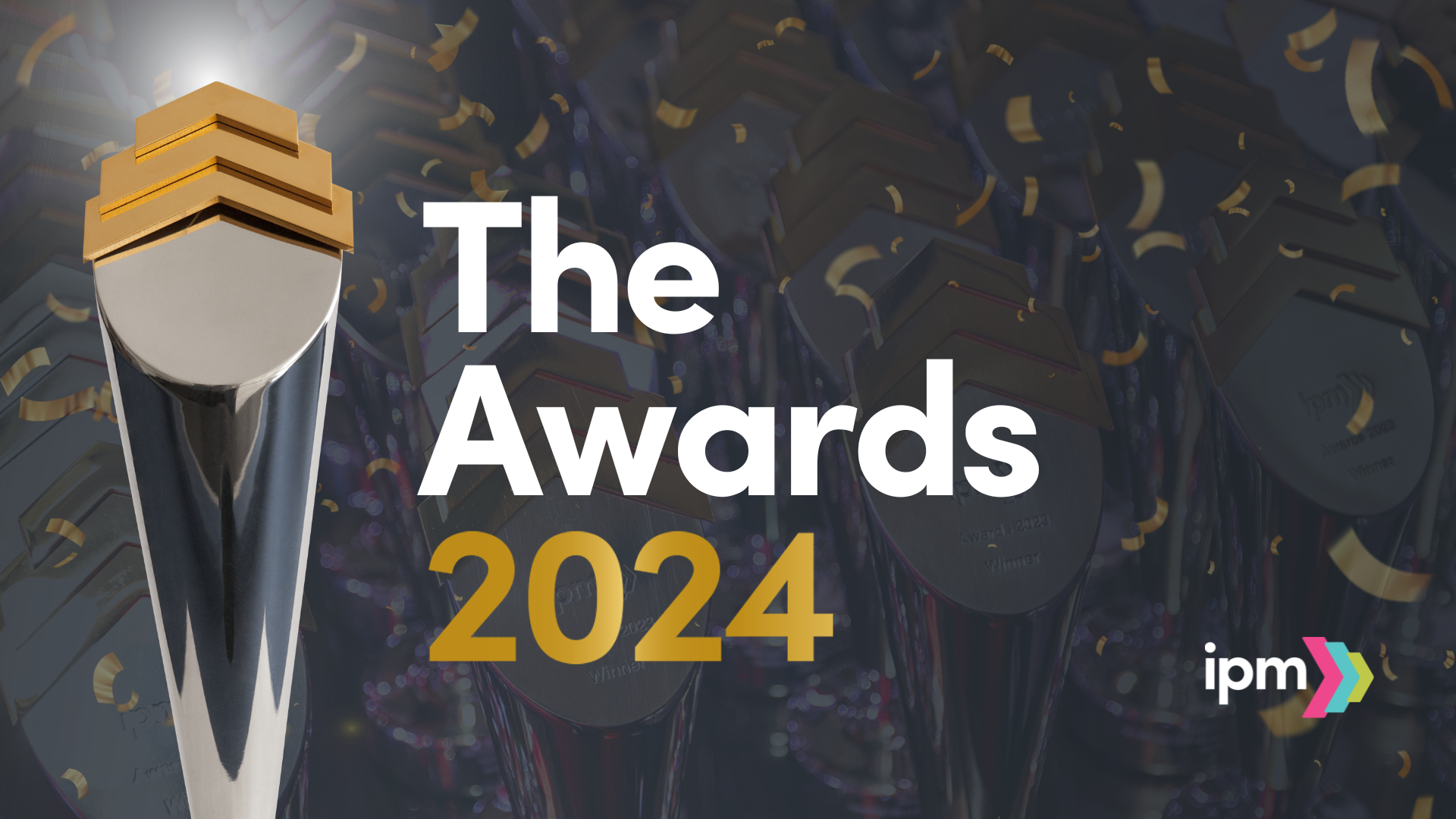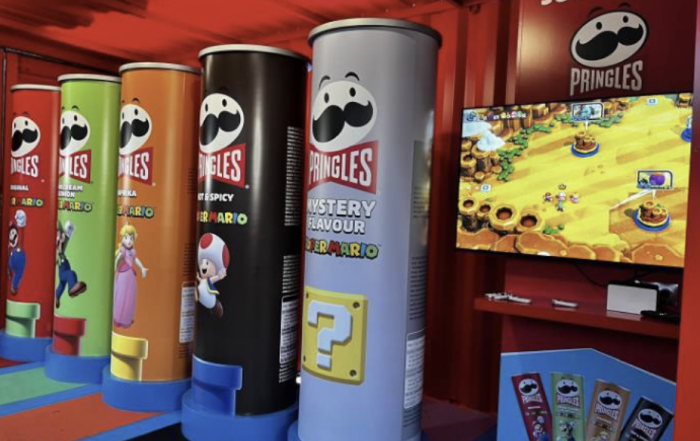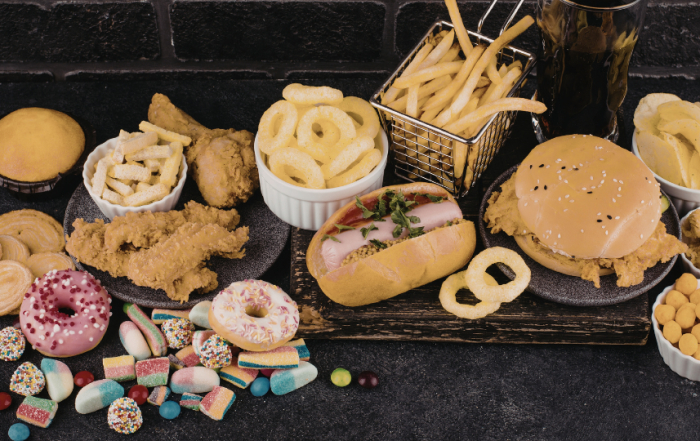IPM at Brand Experience 360: Key Industry Takeaways
In an increasingly digital world, the physical experience has become more powerful than ever. Brand Experience 360 brought this evolution into sharp focus, with keynotes speeches from the likes of Red Bull, SKY, and PepsiCo. Emma Kirk, drawing from her in-depth involvement with the IPM’s experiential marketing community, shed light on the future trajectory of brand interactions. From the blurred lines between billboards and brand experiences to the role of dual screening in amplification, this recap offers a glimpse into the key changes taking place in experimental marketing today.

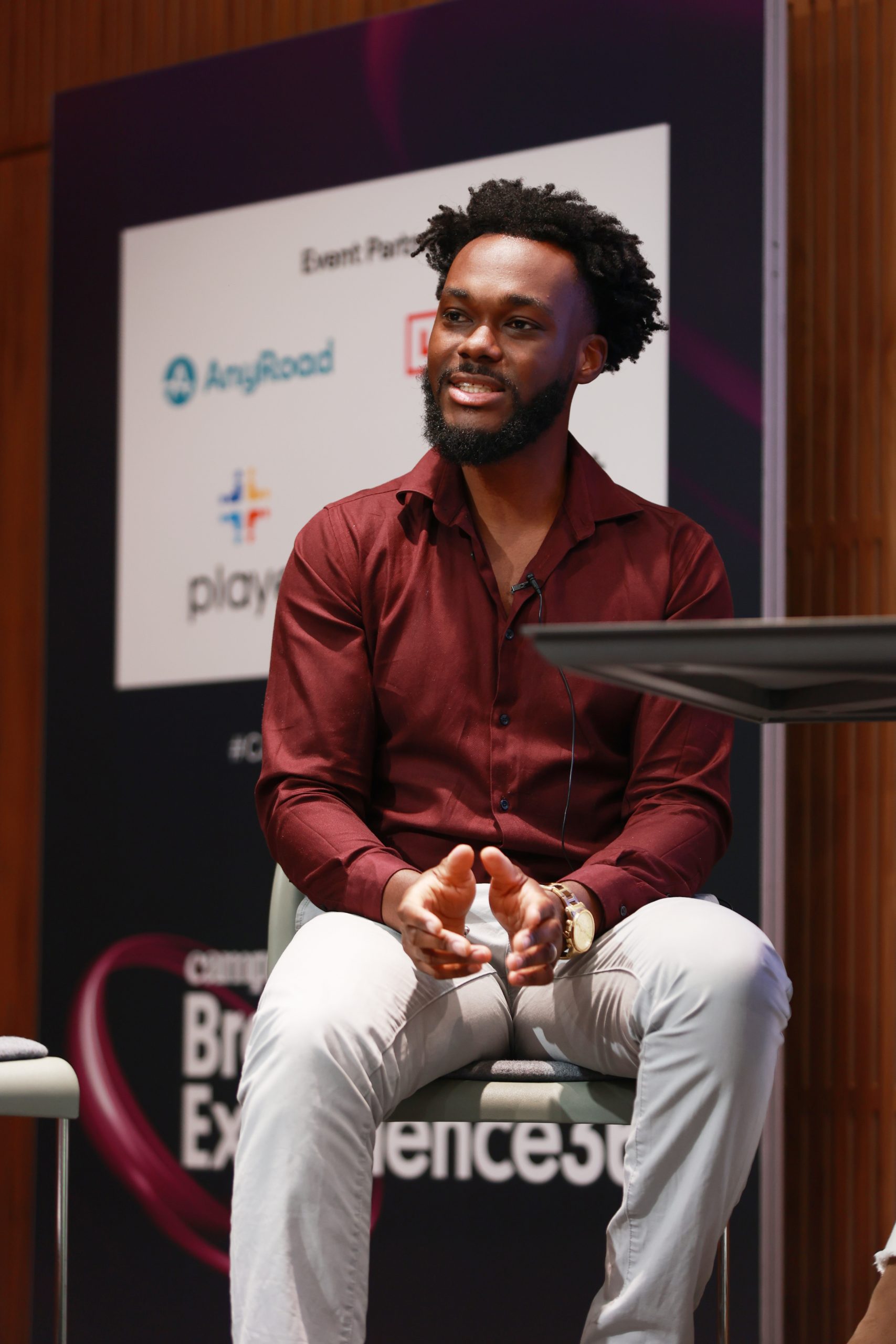
IPM at Brand Experience 360: Key Industry Takeaways
In an increasingly digital world, the physical experience has become more powerful than ever. Brand Experience 360 brought this evolution into sharp focus, with keynotes speeches from the likes of Red Bull, SKY, and PepsiCo.
Emma Kirk, drawing from her in-depth involvement with the IPM’s experiential marketing community, shed light on the future trajectory of brand interactions. From the blurred lines between billboards and brand experiences to the role of dual screening in amplification, this recap offers a glimpse into the key changes taking place in experimental marketing today.


Brand Experience 360
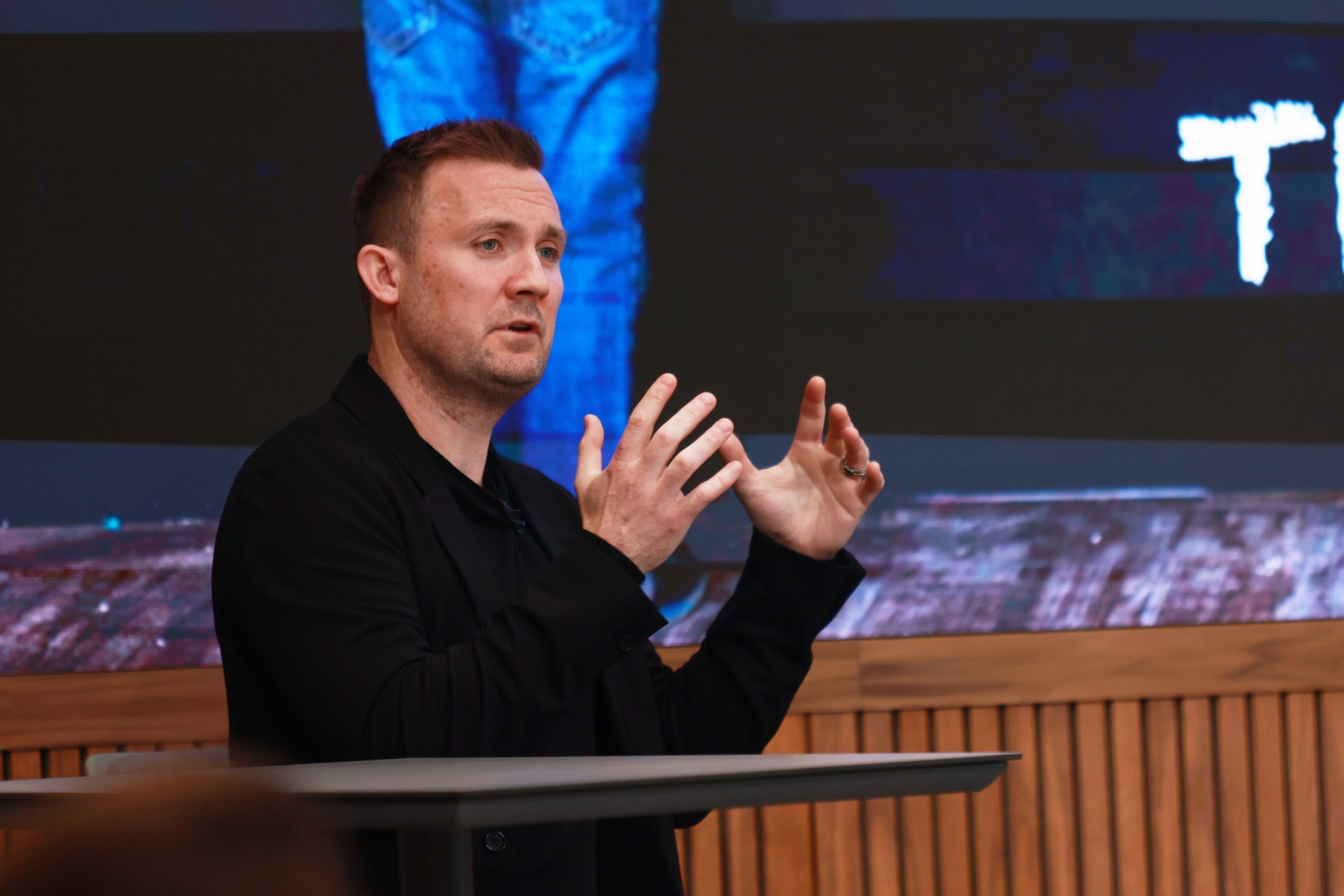
Brand Experience 360

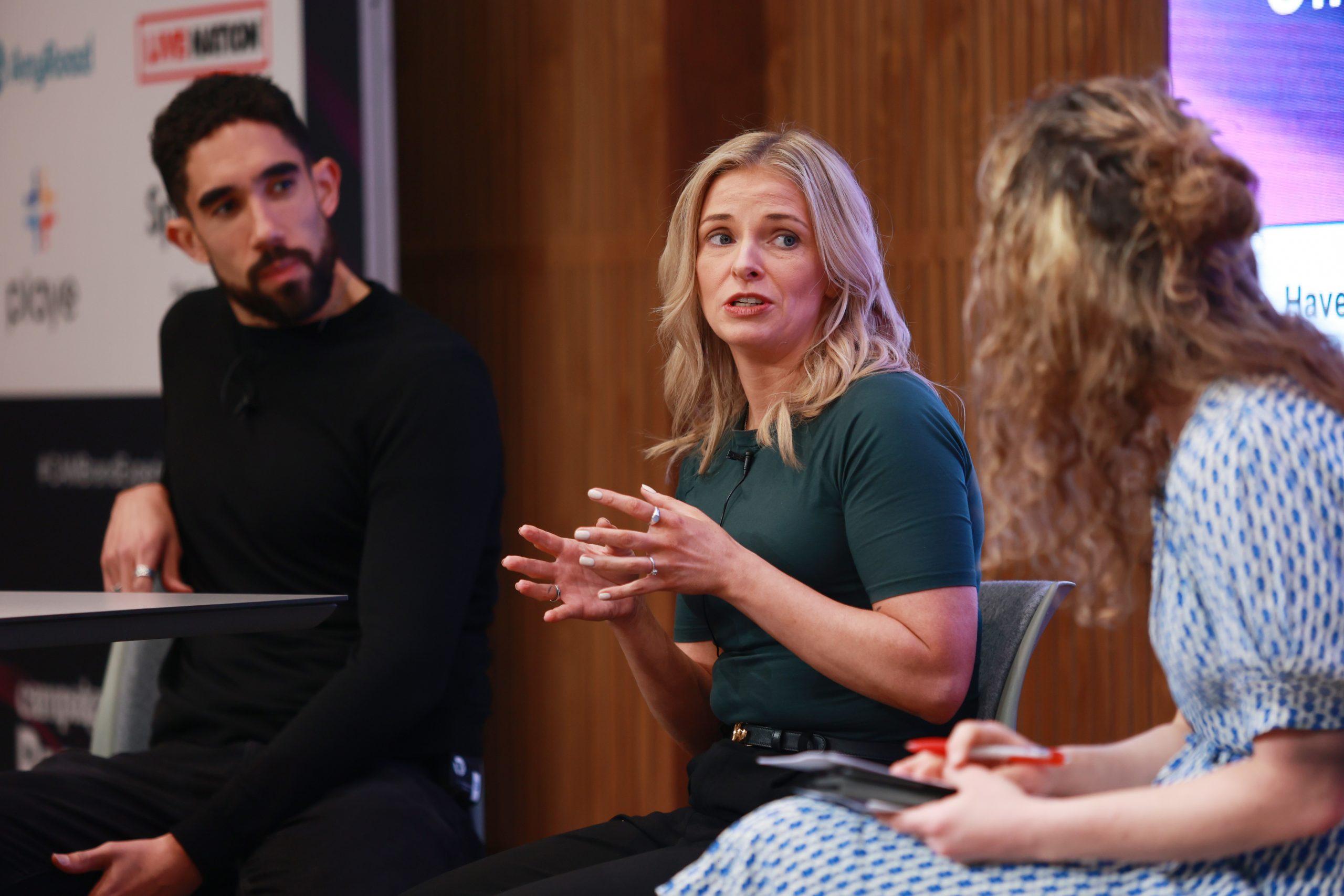
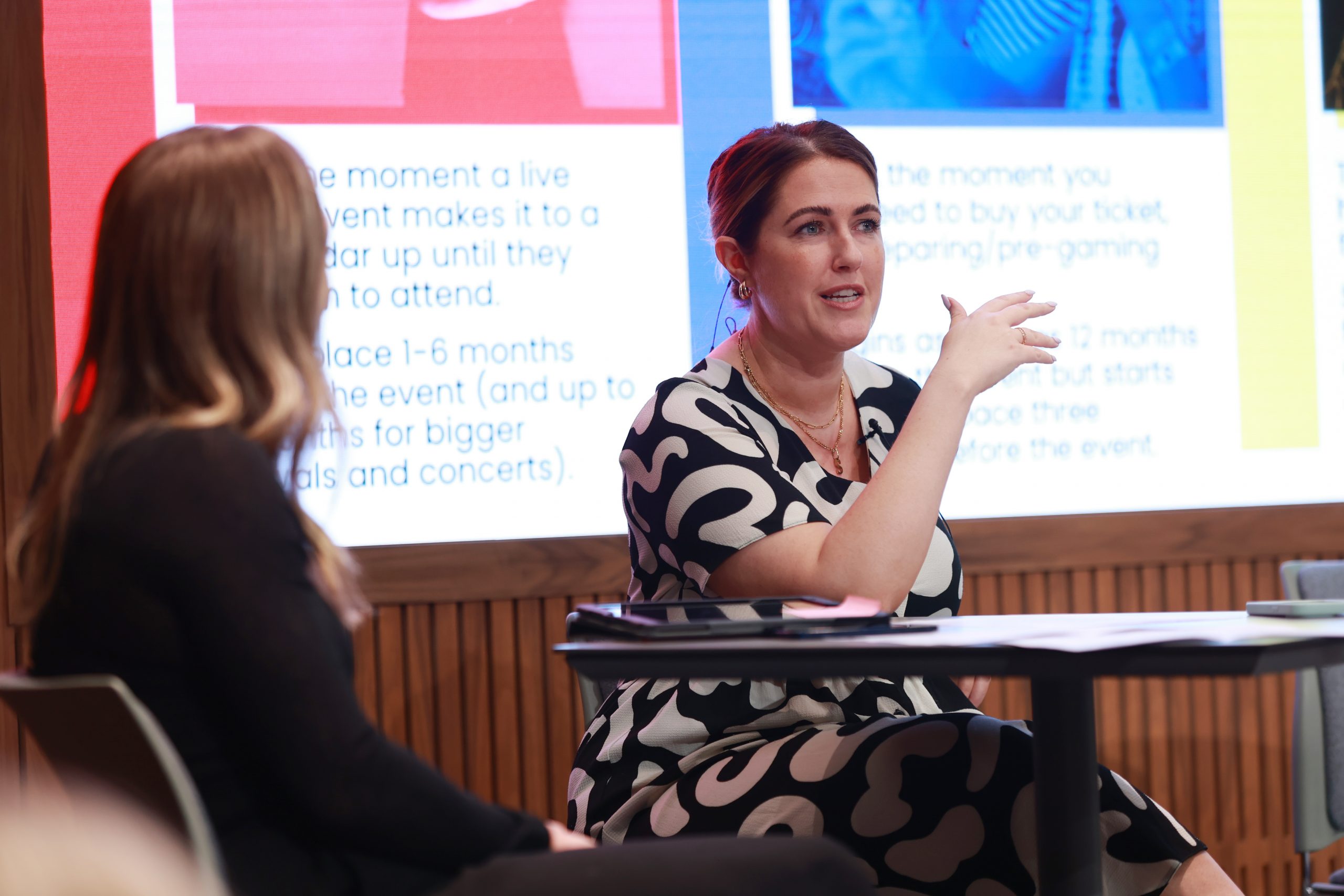
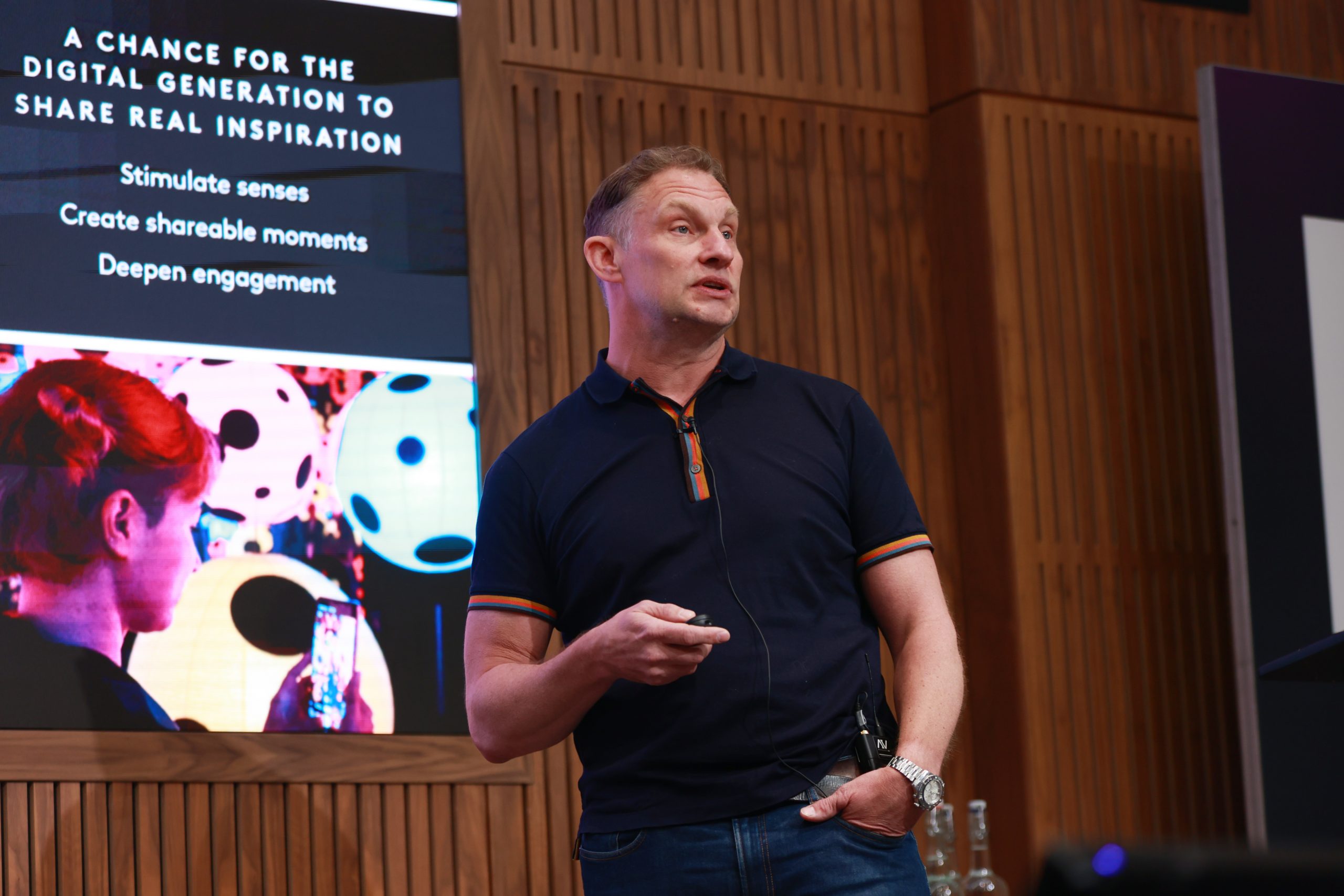

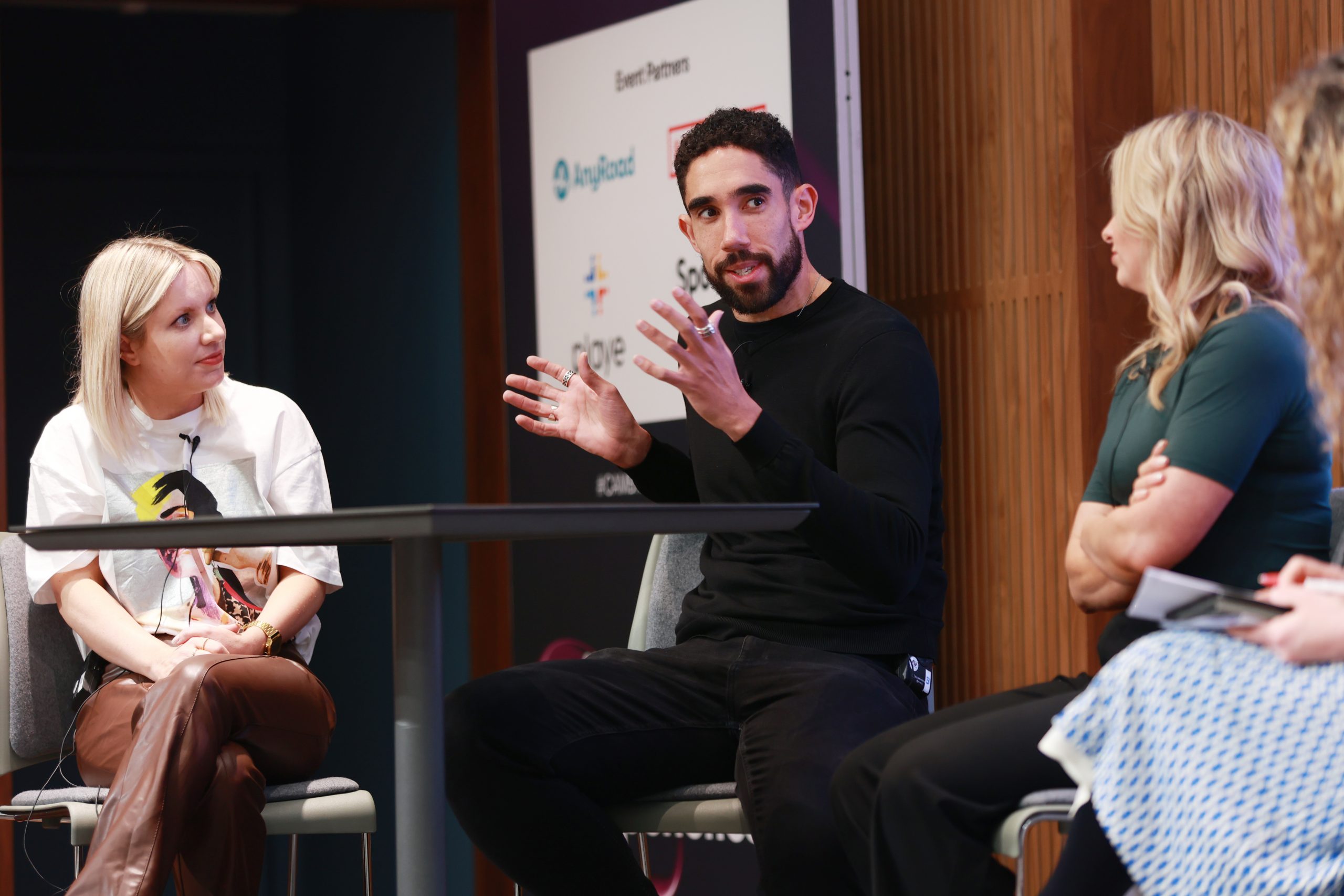




News
Pringles × Super Mario: The Boss Level Brand Partnership That Won the IPM Grand Prix
Brand Culture, last year’s IPM Grand Prix winners, reveal how Pringles × Super Mario turned a brand partnership into shelf-side excitement, from the Mystery Flavour “question block” idea to collectable character cans.
HFSS Advertising Regulations: What Marketers Need to Know
HFSS regulations have entered a new phase. This article breaks down what the latest rules mean for marketers, where the key risks sit, and how IPM tools and legal support can help.
Promotions Wrapped! Playing Back the Biggest Trends of 2025
From Superman on The Shard to ‘AI slop’, see what cut through in 2025...
News
Pringles × Super Mario: The Boss Level Brand Partnership That Won the IPM Grand Prix
Brand Culture, last year’s IPM Grand Prix winners, reveal how Pringles × Super Mario turned a brand partnership into shelf-side excitement, from the Mystery Flavour “question block” idea to collectable character cans.
HFSS Advertising Regulations: What Marketers Need to Know
HFSS regulations have entered a new phase. This article breaks down what the latest rules mean for marketers, where the key risks sit, and how IPM tools and legal support can help.
Promotions Wrapped! Playing Back the Biggest Trends of 2025
From Superman on The Shard to ‘AI slop’, see what cut through in 2025...


